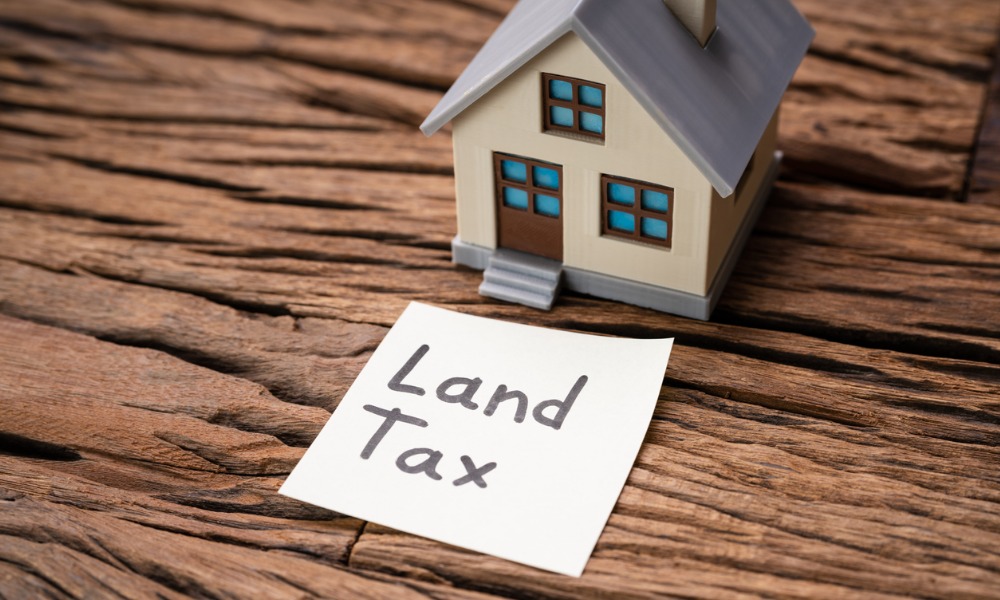Economist proposes measure to address rising challenges

Canada's housing crisis is a complex issue, but Redfin’s chief economist believes there's a clear solution: a land value tax (LVT).
Median home prices in Canadian metropolitan areas have hit $788,000 and skyrocketed to $1.17 million in Toronto, putting homeownership out of reach for many Canadians and straining renters' budgets, according to Daryl Fairweather.
Increasing housing supply is viewed by many as the only long-term solution for affordability. However, Fairweather said focusing solely on renter protections and zoning reforms, while important, won't address the core problem.
Many existing neighbourhoods near downtowns, despite being zoned for denser development, are seeing population decline. Landowners often hold onto these valuable lots, choosing not to develop them further.
“To solve the housing crisis, we must build more housing units where they are needed most,” Fairweather said. “It doesn’t make sense for a plot of land near transit, job opportunities or education opportunities to be occupied by a single family when it could be occupied by multiple families via the addition of more units.”
Redfin’s report proposed a land value tax (LVT) as a key component of the solution.
Currently, property taxes incentivize underdevelopment, as undeveloped land carries a lower tax burden than multi-unit buildings. An LVT, by taxing land value instead of total property value, would encourage development of underutilized land.
“A land value tax would fix this problem by encouraging the building of more housing where it is needed most,” the report read. “Taxing the appreciating component of a property – the land –rather than its depreciation component – the structure –ensures that investor dollars seek higher productive returns from building homes.”
Read next: Are Canadians still willing to apply for a solo mortgage?
Fairweather explained that an LVT would discourage investors from outbidding families for existing homes or withholding valuable land from the market. It would also incentivize landowners to construct more housing units on high-value, underutilized land or sell to those who will develop it, as the tax would be based on the land value, not the number of structures.
“It might seem callous to suggest that homeowners on underutilized land be financially encouraged to move, but the reality is that one of the main culprits for the housing crisis is a misallocation of land. We need to fix that misallocation to ensure that every Canadian has better and more affordable housing options in their communities.”
Make sure to get all the latest news to your inbox on Canada’s mortgage and housing markets by signing up for our free daily newsletter here.



